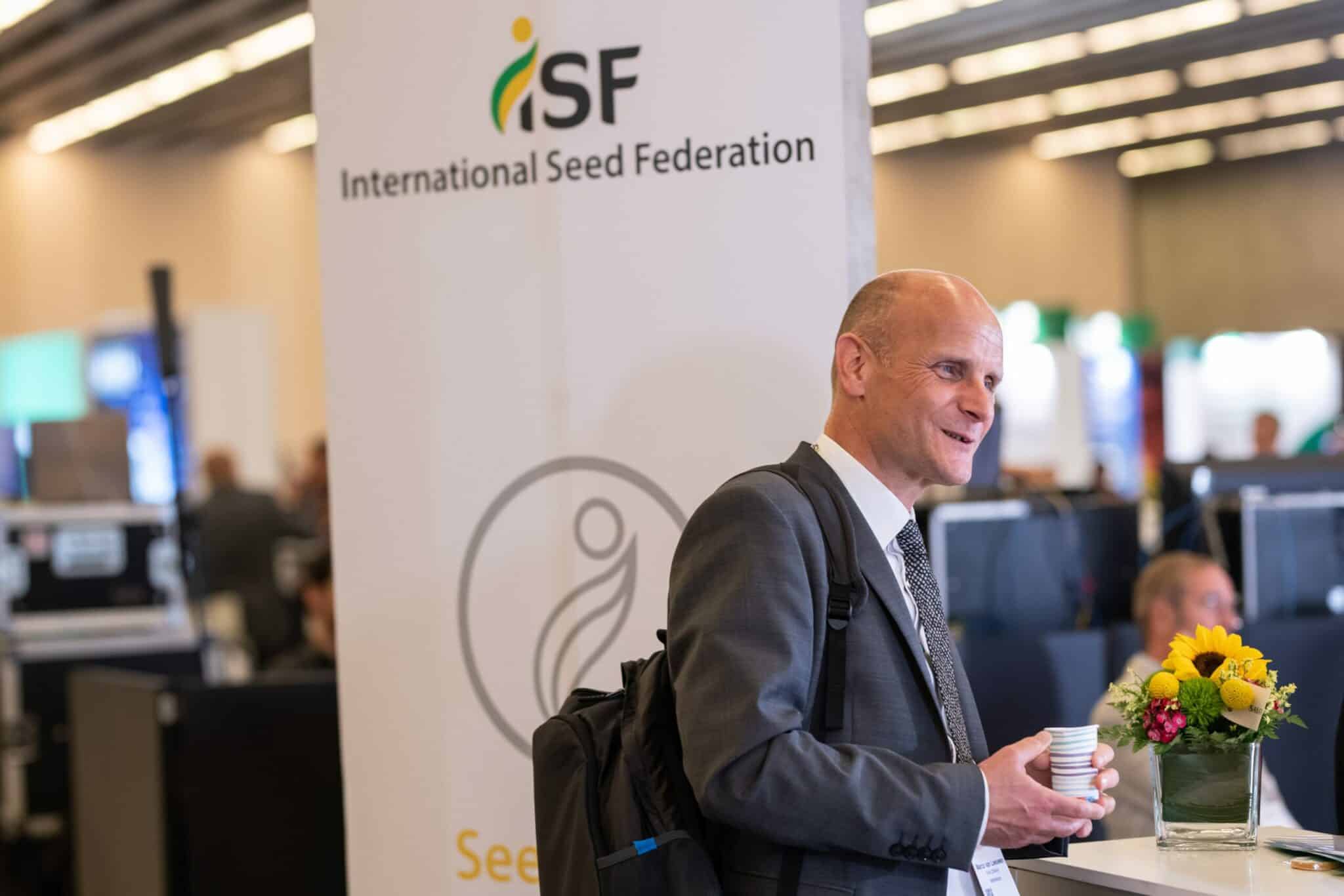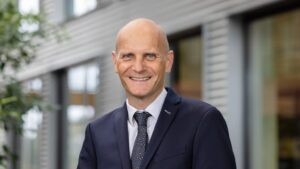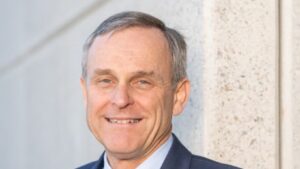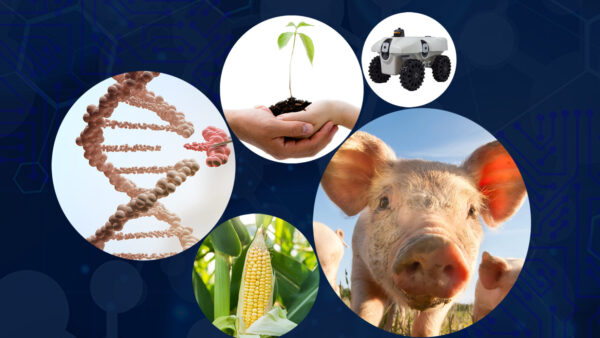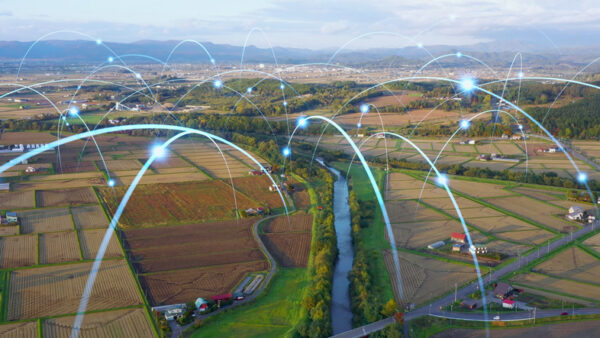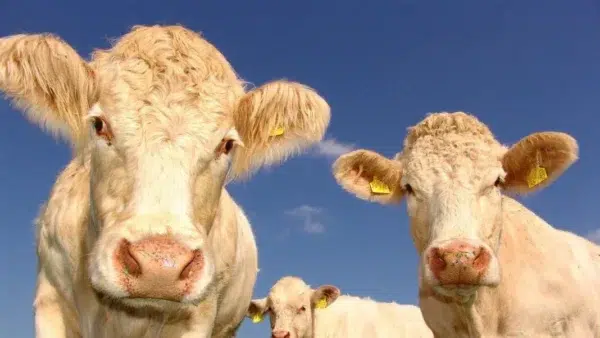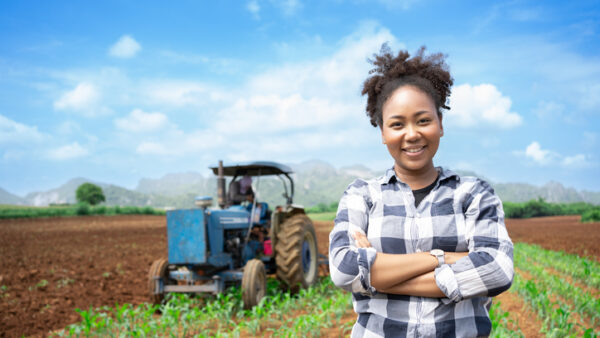There are a lot of exciting development on the table with Marco van Leeuwen as president of the International Seed Federation (ISF), but, the good always comes along with some challenges as well.
As ISF’s team works to create a world where seed can move freely without restrictions, one major barrier coming into play is the idea of protectionism. Because of that, van Leeuwen notices that trade barriers are on the rise again.
“A decade ago, we were talking about how the world was flat in support of global trade, but now, it seems as if we’re heading the opposite way,” he says. “More and more countries have specific rules, regulations, policies — if seed cannot move broadly, farmers aren’t guaranteed access to the varieties of their choice.”
The consequences can be major — if a grower doesn’t have as much choice when it comes to seed, food production and food security can come under pressure.
It’s a complex discussion, but van Leeuwen believes that a more resilient and sustainable food chain starts with the free movement of seed.
“If you don’t understand that concept, then you can never build those food chains,” he says.
From the ISF perspective, van Leeuwen says the organization is working and forming better connections with organizations like the UN’s Food and Agriculture Organization and the World Trade Organization to ensure seeds reach farmers.
In addition, those types of trade issues lead into other problems as well, like “zero risk” policies in terms of pests and seed tests that are preventing seed from coming into countries, regardless if a pest or pathogen is seed borne and biologically relevant or not.
Finally, labor continues to be a global concern — both in businesses, but more importantly, on the farm. It’s beginning to raise concerns, especially in response to feeding the globe.
“The question is: who’s going to take care of food production in the next decades?” van Leeuwen asks. “It’s a serious concern — people still think that working in agriculture isn’t attractive. We need to team up as a seed sector with industries to tackle this problem, because otherwise, we will have an issue.”
To create the brightest future, van Leeuwen sees a path forward, but it might not be the easiest: continuing to build a better dialogue and better image of the seed sector to create an understanding of the importance of seed as a starting point for food production. It might be daunting, but van Leeuwen believes it’s a reachable goal, as long as the seed sector continues to engage other stakeholders, regulators and society as a whole.
“If we get all of these things together, then we will have a very bright future of people recognizing the importance of the seed sector as a solution provider,” he says. “We’ll be able to contribute to a better world, where people have access to all these beautiful, plant-based products.”
A Reminder on ISF’s Key Strategic Objectives
In 2021, ISF updated their 5-year Key Strategic Objectives (KSOs). In case you need a reminder, the five major goals ISF has are:
- To promote the benefits of quality seed as the foundations of sustainable agriculture value chains.
- To accelerate the delivery of innovation and enable seed to remain a contributor to solutions that address farmer and consumer needs.
- To promote more efficient movement of quality seed to continue to deliver benefits.
- To encourage policy environments that support fair and sustainable business models.
- ISF will support its members by providing services and to be the global platform for exchange and collaboration within the seed sector.
This is the second part of this articcle — read part one here.


